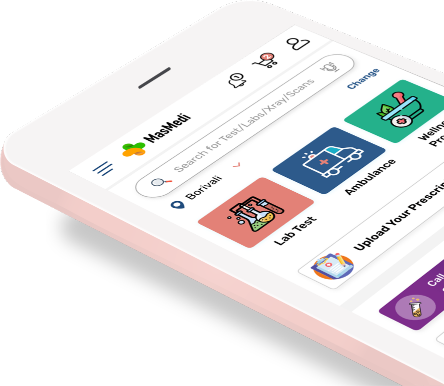Sample Type
Gender
Age Group
Blood
Male/Female
All Age Group
Nearly 9 out of 10 people are allergic to one substance or the other; however the one commonality that affects most of them happen to be inhalants since they are more pervasive than other forms of allergies. Inhalant allergy often consists of developing allergic reactions to airborne inhalants such as dust mites dander pollen mold cockroach droppings pet urine and much more. These usually result in developing the symptoms such as coughing wheezing constricted breathing congestion sore throat runny nose difficulty in breathing. It is important that you check in with your physician right away once you start developing the above symptoms so that you can seek immediate relief.
best labs
Option Near Youlab comparison
As per your budgetAffordable
Price GuaranteedUNBIASED ADVICE
On LabsSUNDAY LAB
Labs available on SundaysTracking health status made easy with the app. Now available on both Google Play Store and App Store. Book health tests and access your smart reports and health trackers anytime anywhere.
